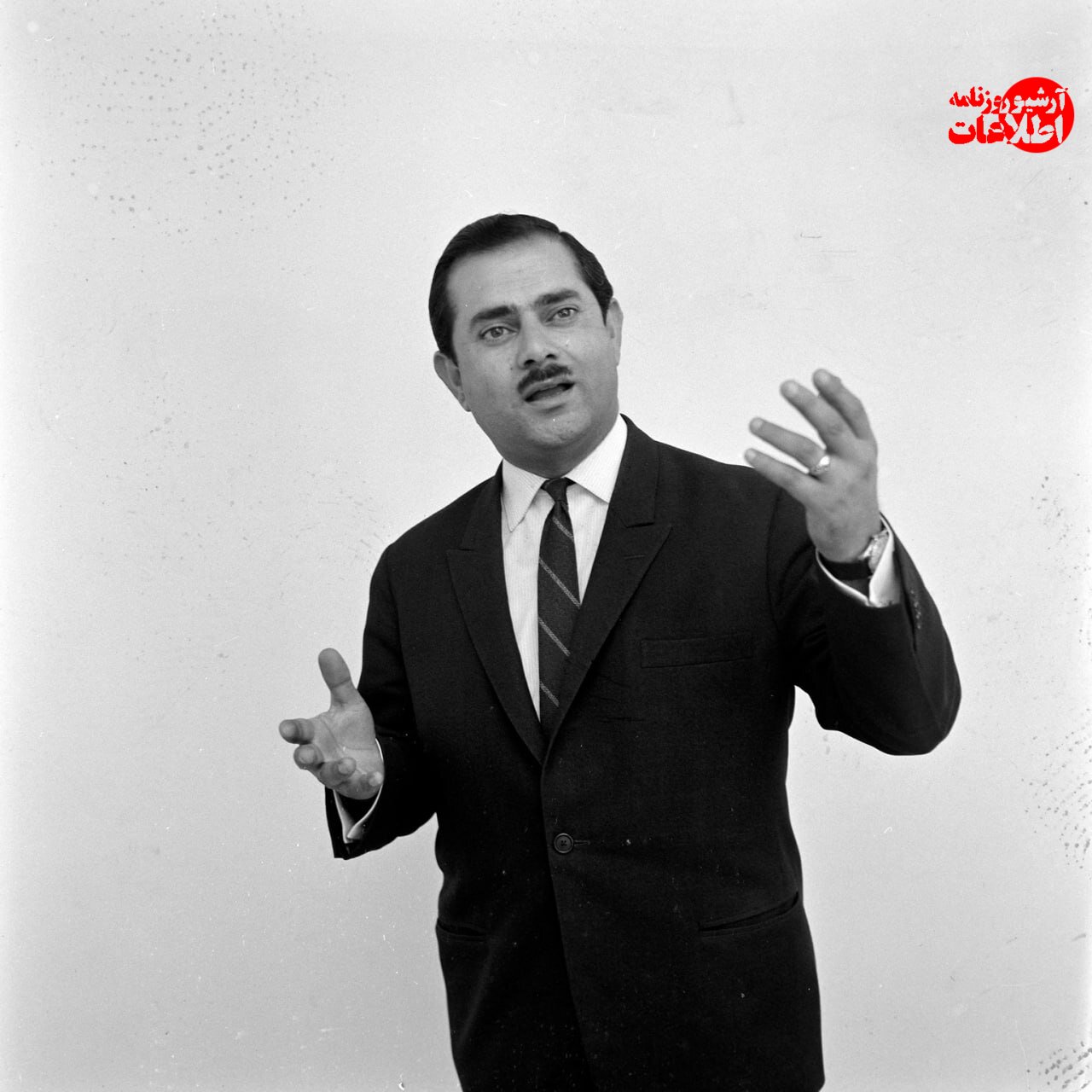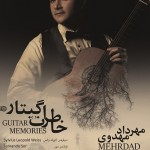One of his works was the translation of Harmony, which was carried out with the help of Mozayyan al-Dowleh, and included a pamphlet based on which he used to teach the subject to the students of the school of music; the pamphlet was never published. It was, in fact, a kind of simple harmony for the piano with no quadriads, it rather featured the engagement of both the right hand and the left hand which was being taught at the music school for the first time. Salar-Mo’azez also composed military marches and hymns for schools, which he harmonized to be performed and piano. Likewise, he used to compose for military orchestras.
Tag Archives: Rouholah Khaleqi
Harmony in the Iranian Music (I)
Translated by Mahboube Khalvati The article you are about to read was written by Rouhollah Khaleqi (1906-1965), composer, and conductor of Golha Orchestra (established in 1956). Khaleqi was one of the most prominent promoters of polyphony for the Iranian music and is one of the best representatives of the school of Ali Naghi Vaziri. In…
Read More
Latest posts
- Transition to Enlightenment: Six Lectures on Mozart’s String Quartets (5)
- Nasser Masoudi: The Voice of Gilan and a Legacy of Iranian Music
- Farhad Poupel: The Voice of the Shahnameh in the Orchestras Around the World
- Five Major Myths About Mozart’s Life
- Bahma Rajabi Passed Away!
- Reza Vohdani; Unveiling unpublished works, preservation of Iranian classical music
- Ahmad Pejman Passed Away!
- Timeless or Timely: The Role of Historical Context in Defining Artistic Value
- Leading the Charge in Censorship
- The Legacy of Khosrow Jafarzadeh
- Transition to Enlightenment: Six Lectures on Mozart’s String Quartets (4)
- Fereydoun Shahbazian, An Iranian Musical Icon Passed Away
From Past Days…

Principles of Violin Playing (IX)
4.3.1. To practice playing of doubles of notes involving two different fingers, each note is played at separate bows with slow tempo, each note is played perfectly regarding its bass and tenor sounds and then the considered double is played at another bow while considering the resulted sound of the double.

Transition to Enlightenment: Six Lectures on Mozart’s String Quartets (5)
The late 18th century was marked by profound societal changes across Europe, characterized by the rise of the bourgeoisie and the reshaping of musical patronage. Composers like Mozart responded to these shifts by adapting their compositional styles to align with the tastes and sensibilities of the emerging middle class. This article seeks to explore this phenomenon through an analysis of Mozart’s K. 499 quartet, also known as the “Hoffmeister” quartet, and his Prussian quartets, alongside the works of his contemporaries. By examining the evolution of the string quartet genre within the context of changing social structures and aesthetic preferences, this study aims to shed light on the dynamic relationship between music and society.

Jamshid Andalibi passed away!
Jamshid Andalibi, one of the most famous ney players in Iran, passed away on the fifteenth of Esfand, 1402, at the age of 66 due to a heart attack at his private residence. Andalibi was a member of a family that had a significant presence in the field of Iranian music in the sixties and…
Read More

Nasser Masoudi: The Voice of Gilan and a Legacy of Iranian Music
In Iranian music, certain singers have become emblematic of their homelands through their distinctive voices. Historical figures such as Eghbal Sultan, who epitomized the grandeur of Azerbaijani music, and Taj Isfahani, who conveyed the authentic essence of Isfahan, serve as notable examples from the Qajar era. Nasser Masoudi occupies a similar position; his voice emerged as a symbol of Gilan while also achieving national acclaim. Before him, Master Ahmad Ashurpur represented Gilan’s musical landscape, but his extended residence outside Iran limited his continuous engagement in the music scene. In contrast, Masoudi’s consistent presence allowed him to introduce the voice of Gilan to audiences across Iran.

Is the Iranian National Anthem a Copy? (II)
In response, it should be said that it is better for the national anthem of a country to use the musical material exclusive to that country; however, some problems might come up in doing so the most important of which include: lack of familiarity of other countries’ music performer with the concerned country’s specific music intervals and special musical technique; and secondly, the strangeness of that music to the foreign listener.

Henry Cowell: “Persian Set”
Persian Set: Four Movements for chamber orchestra: Moderato; Allegretto; Lento; Rondo
Henry Cowell, one of the most innovative American composers of the 20th century, was born in 1897. Cowell and his wife visited Iran in 1956 and stayed there the whole winter, upon the invitation by the Iranian Royal Family, when he composed his album “Persian Set” in four movements for chamber orchestra. His composition is expressive of the characteristic quality of the Persian or the Iranian music.

Farhad Poupel: The Voice of the Shahnameh in the Orchestras Around the World
In an era when almost no trace of contemporary Iranian music can be heard in international concert halls, except (so-called!) avant-garde works that owe their existence solely to the fashionable slogans of the “pseudo-intellectual” crowd who have seized the already meager resources for performing classical music from the true artists of the field, the numerous performances of Farhad Poupel’s works shine as a ray of hope for lovers of sincere musical art. Without resorting to trendy slogans, he has kept the flame of Iranian classical music alive purely through the power of his artistry.

Women and the Music Environment in Iran
The life territory of the female-male relations in the Iranian cultural context is basically a domestic territory and not a social-living one in the labour and leisure domains. To prove this, it only suffices to consider the Iranian men’s viewpoints about women. For the Iranian men, there are three perspectives regarding the women: mother, sister and wife. Mother represents the emotional territory; sister represents the logical territory at home while wife represents the sexual territory.

“Guitar Memories” Released
The album “Guitar Memories” consists of the performance of baroque to recent era masterpieces, by Mehrdad Mahdavi, and is published by Tanin-e Honar Publication.
In this album there are pieces composed and arranged by artists such as: Sylvius Leopold Weiss, Johann Anton Logy, Fernando Sor, Yuquijiro Yocoh, Leo Brouwer.

The Mystery of Messiah
Antonio Stradivari (1644 – 18 December 1737) was an Italian luthier and is considered the most significant and greatest artisan in this field.